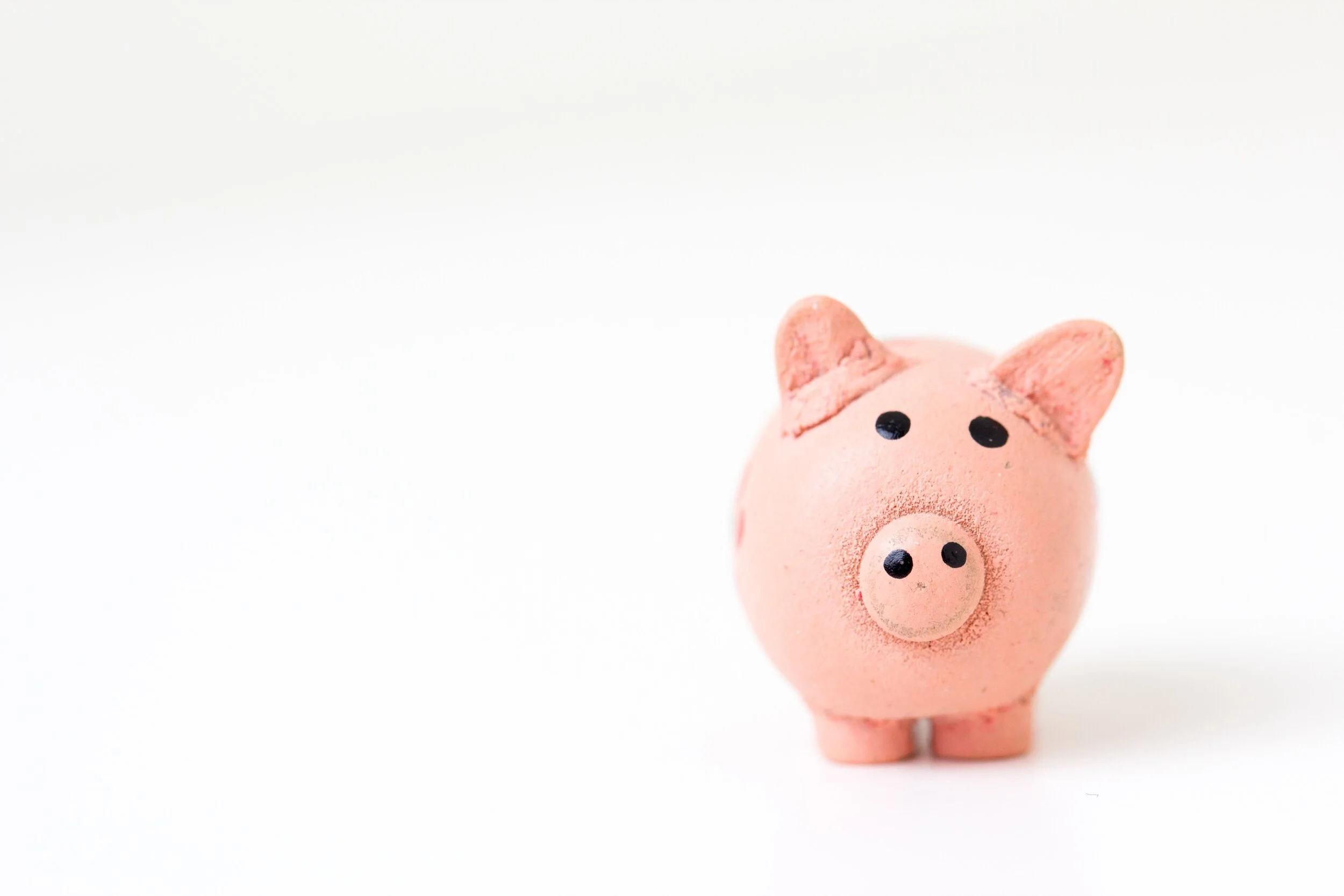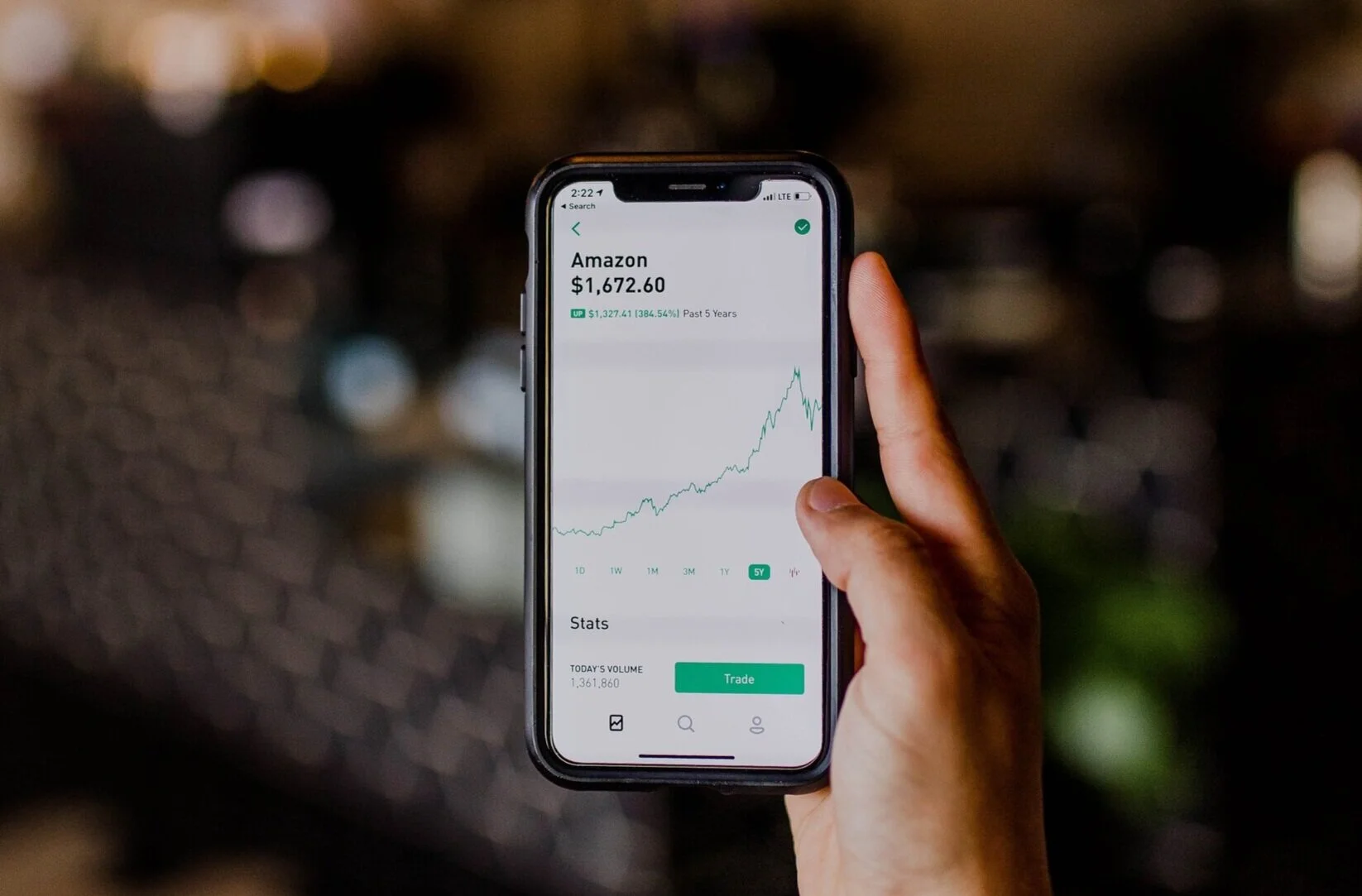Everything You Need to Know About Finances: A guide to money
The word “money” is loaded with both excitement and fear. Travel. Concerts. Restaurants. It’s a vehicle for us to go places, do things, live and be secure. Debt. Retirement. Bills. If we don’t know how to manage our money, it can end up running our lives.
In this post, you’ll learn what you need to know about money in order to feel knowledgable and confident with it. I’ll cover all the following topics:
Basic logistics (credit score and taxes)
Saving and investing
Managing income (budgeting and debt)
Making more money (negotiating salary and additional income)
Credit Score
A good credit score is 700 or above. You can still have a good credit score with debt as long as you pay your monthly payments on time. Credit utilization is a controllable factor in your credit score. If you pay off your entire balance each month, your score will likely increase. Learn everything else you need to know about credit scores here.
Generally, you’ll want to start building credit as soon as you can. You can easily apply for a credit card and charge your monthly expenses like phone bills, utilities or Spotify membership to the card.
Travel bug got you? Pick one of these amazing travel cards. Use it for any purchases, especially big ones. and use your travel points for your next getaway.
Savings
Percentage of monthly income to savings: 10%
You’ll want to adjust this based on your goals. If you’re saving for a house or a specific trip, you may need to increase the percentage. No matter what your end goals are, it’s important to have an emergency fund and a place to store it.
Rainy day savings
You should at a minimum have 3-6 months worth of bare expenses (rent, bills, food) saved in case of a sudden move, job loss or unexpected expenses like medical bills.
High yield savings account
Whatever you are saving for, make sure you place any money you need liquid into a high-yield savings account, typically through an online bank. These typically have a variable interest rate of 1.50-2.80%. The rates are so good because online banks don’t have the same overhead of a brick and mortar and can feed the cost savings back to their account holders. Check out Nerdwallet’s updated list of the best high yield savings accounts.
Retirement
Percentage of monthly income to retirement: 10-15%
Here’s the rundown on retirement savings accounts. There are many different types of retirement accounts - 401Ks and IRAs are the most common.
401K
401Ks are great if your job offers them. Since the money is automatically drawn out of your paycheck before you receive it, saving for retirement becomes much easier. Taxes are taken out when you withdraw money from your account after retirement and the 2020 contribution limit is $19,500. If you employ yourself (aka work on contract), you can opt for the solo 401K. Read more about 401Ks here.
Roth IRA
This type of retirement account is unique in that your money goes in after taxes so when you withdraw after retirement you don’t owe any taxes. There is also a yearly contribution limit. The limit is $6,000 in 2019 and 2020. Read more about Roth IRAs here.
Investing
Percentage of income towards non-retirement investments: However much you want/can do!
The amount you invest is entirely up to you and your risk tolerance. Anything you invest in non-retirement accounts should be non-essential money, meaning only excess money after paying your bills.
Mutual or Index Fund Investing
Investing is an essential way to grow our money. Specifically investing in mutual funds or index funds. These funds are made up of many different stocks with an average yearly return of about 10%. The diversification makes it less risky for the investor. Check out these ethical investing options and this comprehensive stock investing guide.
Lending club
Lending club is another great investing avenue. Investors select the loans they want to invest in based on their own risk tolerance, investment portfolio goals, and time horizon. Essentially, investors offer up money and lending club divies it out to their borrowers in small loans around $20 each. You receive the money back with interest once the loan is paid back.
Real Estate
If you want to know more about real estate investing, look here. Fundrise offers a way to invest in real estate without having to buy an entire house. You can invest in a real estate portfolio with a minimum of $500 with an average annual return of 8-13%.
Budgeting
Ever heard someone say “you just need to live within your means?” It’s not that easy. I used to be afraid of the word budgeting. After actually making a budget and accounting for all my income and expenses, I realized how important they are and how much I love setting the time to go over my spending!
How to start a budget
Collect balances for all your accounts, including checking, savings, investments and loans etc.
Fill out as much of a budget spreadsheet template as you can. You can duplicate and use these google sheets below:
How to keep a budget
Debt
Debt can be debilitating. If you have amounting debt, you’ll want to weigh the debt interest rates against potential gain from investing. To understand where you should allocate your money, you’ll need to know the difference between “good” debt and “risky” debt.
Good debt
These are things like our car loans, student loans, and mortgage. They prove to creditors that we’re reliable borrowers and will typically increase our credit scores and make it easier to get future loans.
Risky debt
This kind of debt can take the form of credit card balances and high-interest personal loans. These balances can increase rapidly with their high interest rates and be hard to pay off. Check out this article for ways to pay off credit card debt faster (TLDR: pay off your highest APR card balances first and do a balance transfer to a 0% APR intro offer card).
Should I invest or put money towards debts?
Generally, if your interest rates are above 10%, you’ll want to allocate more money to your debt than your investment so your debt doesn’t outgrow your assets. Good debt isn’t a huge priority to pay off and will typically have a lower interest rate. Risky, high-interest debt is what you’ll want to knock out as fast as you can. Here are some strategies to get out of debt faster.
Negotiating salary
One of the best ways to be more financially secure is to make more money. Negotiating salary for a new role or asking for a raise is necessary to Check out this comprehensive guide to learn more about negotiating salary.
Additional income (aka side gigs)
There are numerous apps that you can use to make some extra cash. My favorite is Rover, a dog and cat sitting app. Sign up here if you want to make some money walking and taking care of animals. Here are some other great options:
Taxes
Do your taxes! I’ve worked a number of contract jobs alongside full-time jobs and I was always so anxious about filing my taxes with all the uncertainty. Start filling them out early using something like turbotax that way if you’re missing some paperwork, you’ll have plenty of time to collect it. File on TurboTax with my link and you’ll get 20% off any paid plans. Look here to learn all about taxes.
Let me know if you want me to cover any other money topics in the comments below.














